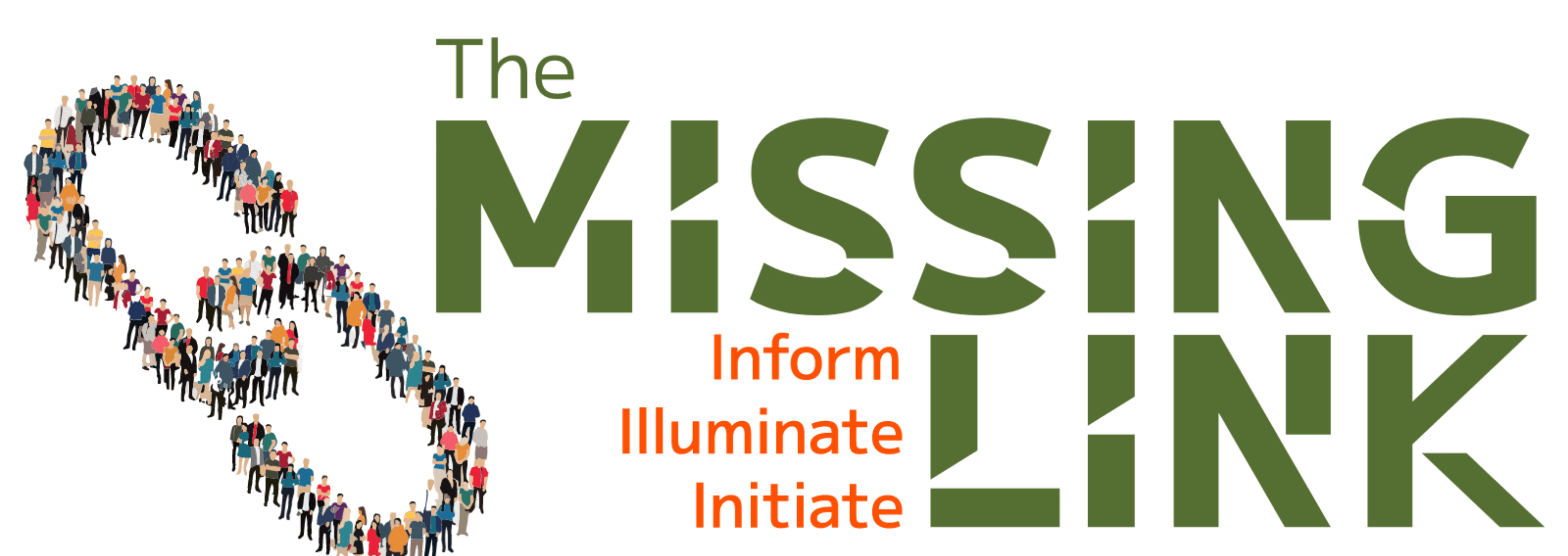I was already in my late twenties when I first started traveling internationally. As a keen observer of people, evolution of the human race and their behavioral traits, I found the differences startling. The stark contrast in social courtesy, civic responsibility, human interactions, traffic discipline, public hygiene etc., was so palpable that I could have been on different planets. While not all of this was apparent on my first visits, the contrasts were there to see as I delved deeper. The Singaporean taxi driver who would not jump a red light even well past midnight when there was no traffic or police around, Japanese diners who always stepped out of restaurants to take phone calls out of courtesy to other guests, American kids who refused to drop trash except into a bin, Korean travelers who religiously separated garbage and recycled them ….
While I loved the hustle, bustle, the energy, the buzz and even the grunge of developing countries, these “aberrations” intrigued me. As an amateur student of human behavior, I pondered on why some nations were able to alter the behavior of their citizenry and how. After much thought and observation, here is my take on it. I believe it is due to the four “E”s.
Education: When our kids started going to kindergarten in the US, they came home with art projects, stories and other assignments that were somehow related to cleanliness, picking up after oneself, disposing of waste in the right way and not wasting water. They would draw pictures of the Savannah River that flowed through our city and strictly admonish us, replete with little wagging fingers, not to waste precious water or pollute the one river we have. This is the case in most countries as they strive to catch and influence their citizenry at a tender, impressionable age. The first seeds of civic responsibility and civil human behavior are planted early via the first E of Education.
Enforcement: Unfortunately, human nature has a streak of rebellion and disobedience that is broader than the great Amazon River. We love to bend, even break rules for various reasons – laziness, arrogance, nonchalant disregard for the law, innate stubbornness etc. This is where the second E – Enforcement – comes into play. Governments and regulatory bodies enforce traffic rules, environmental regulations etc., through constant policing, ticketing, fines and even jail time for egregious acts of violation. This component is an effective deterrent for all but the most determined of violators. Constant and consistent enforcement of the law over a long period helps ingrain desired behavior.
Enlightenment: After years of education and enforcement, the majority of the populace, not tainted by cynicism, realize the true value of this behavior and how it benefits society at large. They achieve an enlightened state that does not need the long arm of the law or the stentorian voice of a teacher to keep them straight. They become proponents of these behavioral norms and serve to educate and even police behavior.
Empowerment: The last E – empowerment – gives every common citizen a sense of pride and accomplishment. When organizations, authorities and governments empower their people to act, enforce and follow a certain behavioral pattern, they take pride in the results and strive. They bask in the glow of collective accomplishment and this is reflected in the overall well-being of corporate bodies – be it a company, a society and or even a country.
If you are in a position of leadership or authority, apply these four Es consistently and transparently. They will lead you and your team to EXCELLENCE.




